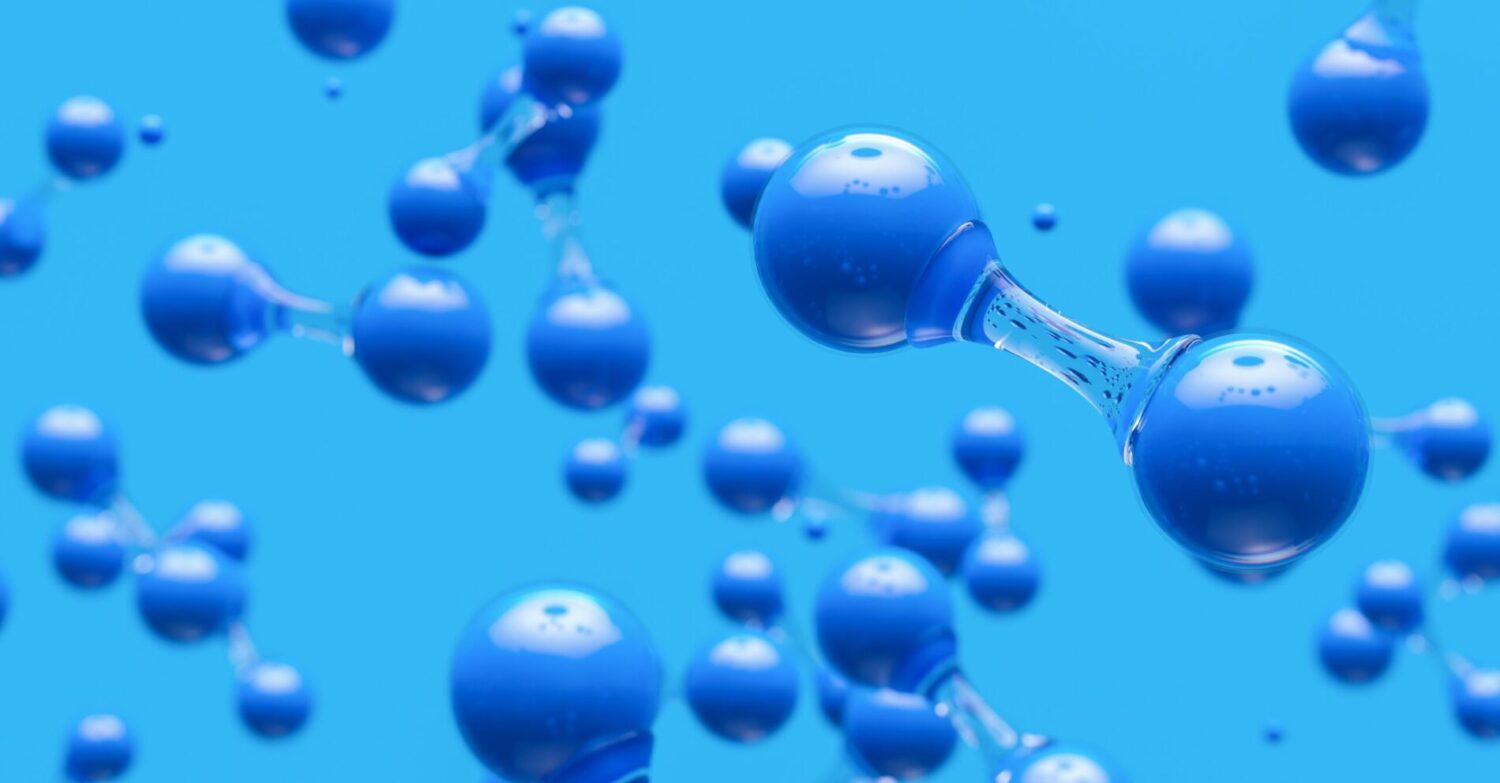Hippocrates said, 2,500 years ago; “your food should be your only medicine” and to this day this phrase has a special significance.
The two-time Nobel laureate and father of modern chemistry, biochemistry and genetics Dr. Linus Pauling, made a shocking scientific discovery. That is, people do not get sick from germs and viruses but because there are deficiencies at the cellular level of many nutrients that are essential for cellular functions. These are mainly vitamins, minerals, trace elements etc. Pauling called all of these “correct” molecules and coined the term “orthomolecular” to describe them.
Orthomolecular medicine therefore deals with the detection and replenishment of these vital orthomolecular nutrients in the body, usually by administering large doses of these elements or a combination of them, orally, parenterally or intravenously with amazing results especially in chronic “incurable” seemingly diseases, which conventional medicine can not explain and cure.
Pauling also suggested that all of these deficiencies are caused by the degraded, industrialized food, polluted water and air we breathe, as well as the stress of everyday life.
The 5 foundations of the orthomolecular diet are:
- Control inflammation
- Gastrointestinal regulation
- Scientific detoxification
- Diagnosis and replacement of orthomolecular cellular deficiencies
- Orthomolecular stress control
George Minoudis, Clinical Orthomolecular Nutritionist
HELLENIC SOCIETY FOR ORTHOMOLOGICAL NUTRITIONAL MEDICINE.



